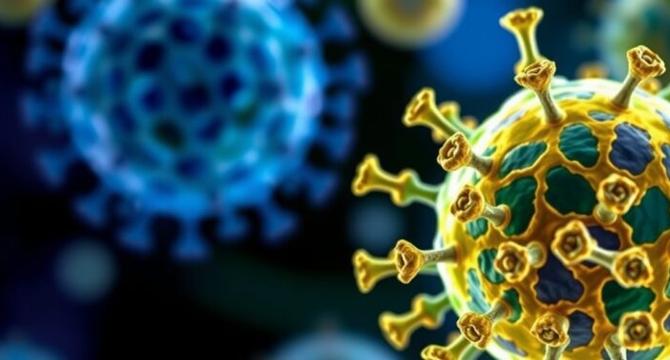Bioengineer
4d
92

Image Credit: Bioengineer
Breakthrough Study Advances Personalized Immunotherapy Approaches for Pediatric Cancers
- Researchers at Karolinska Institutet and the Astrid Lindgren Children’s Hospital have concluded a research on the immune responses of children to cancer, revealing significant differences in immune reactions between children and adults battling cancer, leading to the potential to revolutionize treatment paradigms for pediatric oncology.
- The study encompassed 191 children diagnosed with various types of solid tumors, and the researchers analyzed specific genetic mutations present in the tumors while assessing which immune-related genes were active or dormant.
- The prevailing principles of precision medicine in oncology have primarily concentrated on the characteristics of the tumors themselves, but this study incorporates the role of the immune system. Characterizing immune profiles introduces a vital new perspective, one that could refine cancer therapies aimed at children.
- The implications of the findings extend into the domain of immunotherapy, and the study offers significant insights into why traditional immunotherapeutic strategies might not yield the same benefits in children.
- The researchers monitored the immune responses of child patients throughout their treatment regimen and observed dynamic changes, leading to potential real-world clinical applications to adapt treatment plans on an individual basis.
- This study lays a foundation for future advancements regarding the complex interplay of genetics and the immune system in the pediatric setting.
- The researchers aim to merge immune profiling with genetic data, which could catalyze a new standard in how healthcare providers assess and treat childhood cancer, ensuring that children receive the most beneficial care possible.
- The commitment to understanding pediatric immune responses is crucial for breaking new ground in the fight against cancer, equipping the next generation of patients with the best chance for survival and recovery.
- The interdisciplinary collaboration between Karolinska Institutet and the pediatric oncology clinic at the Astrid Lindgren Children’s Hospital fosters advancements in pediatric cancer research.
- This research prompts us to consider the broader implications for childhood cancer treatment, potentially fostering a new wave of investigational therapies that pivot away from adult-centric paradigms.
Read Full Article
5 Likes
For uninterrupted reading, download the app